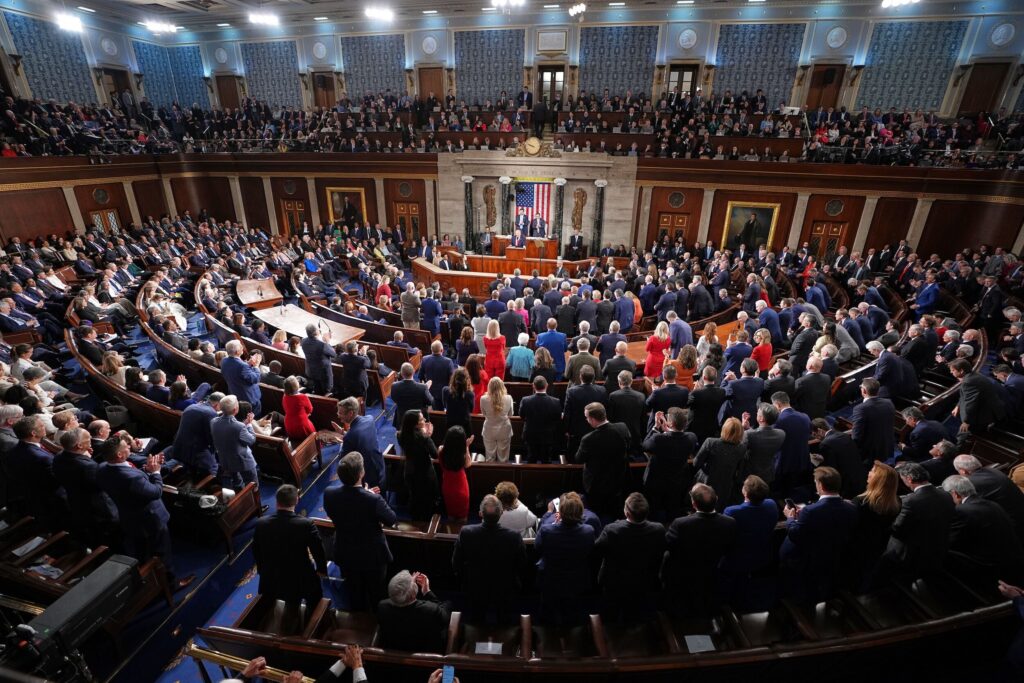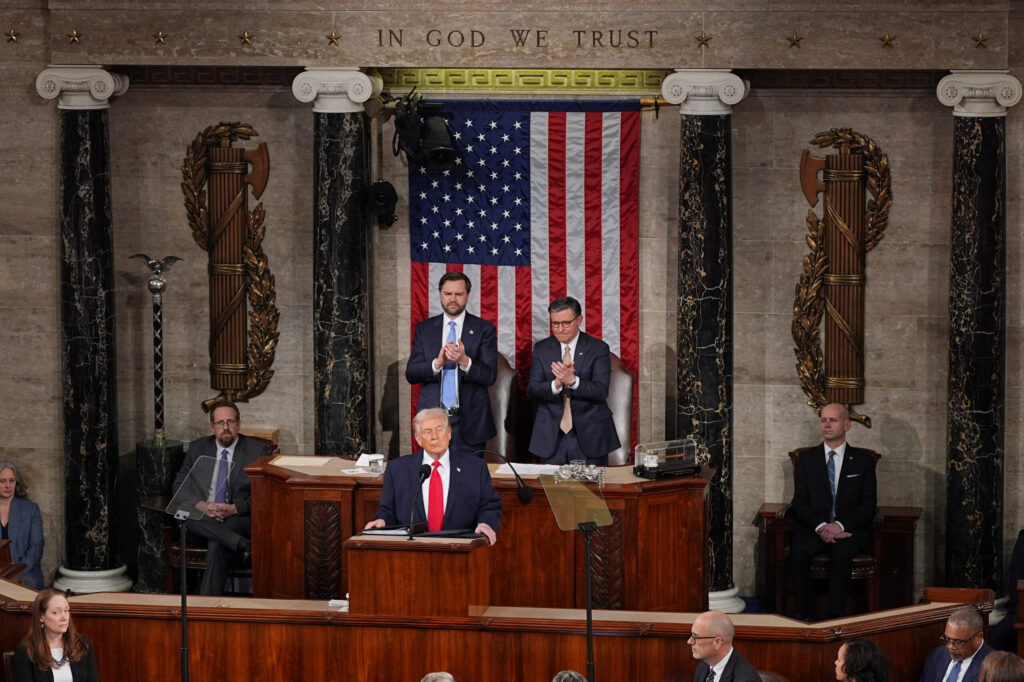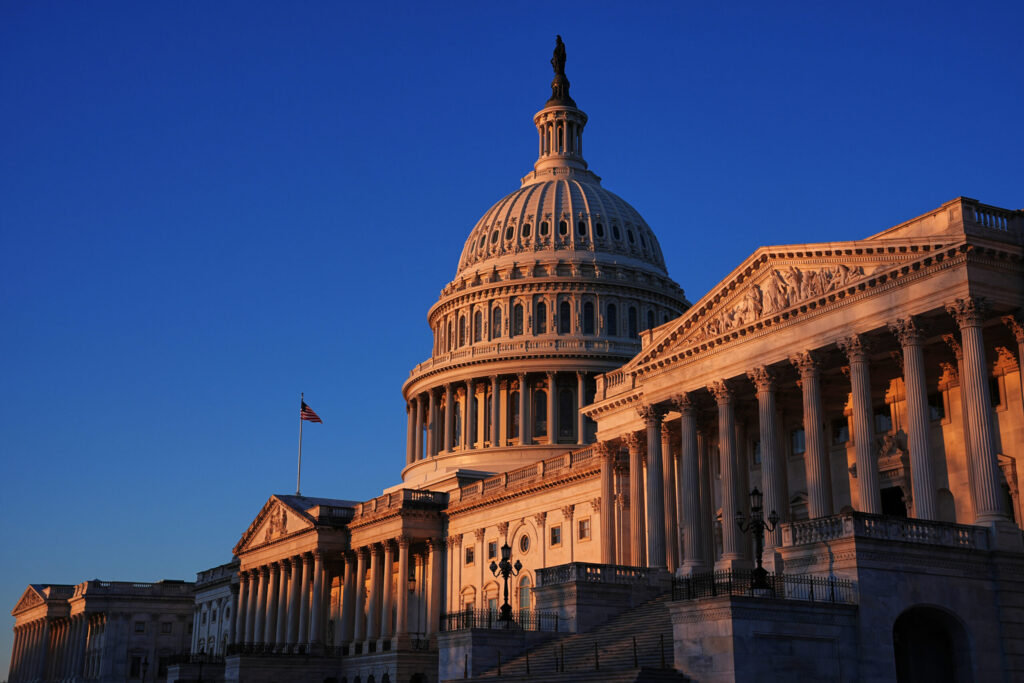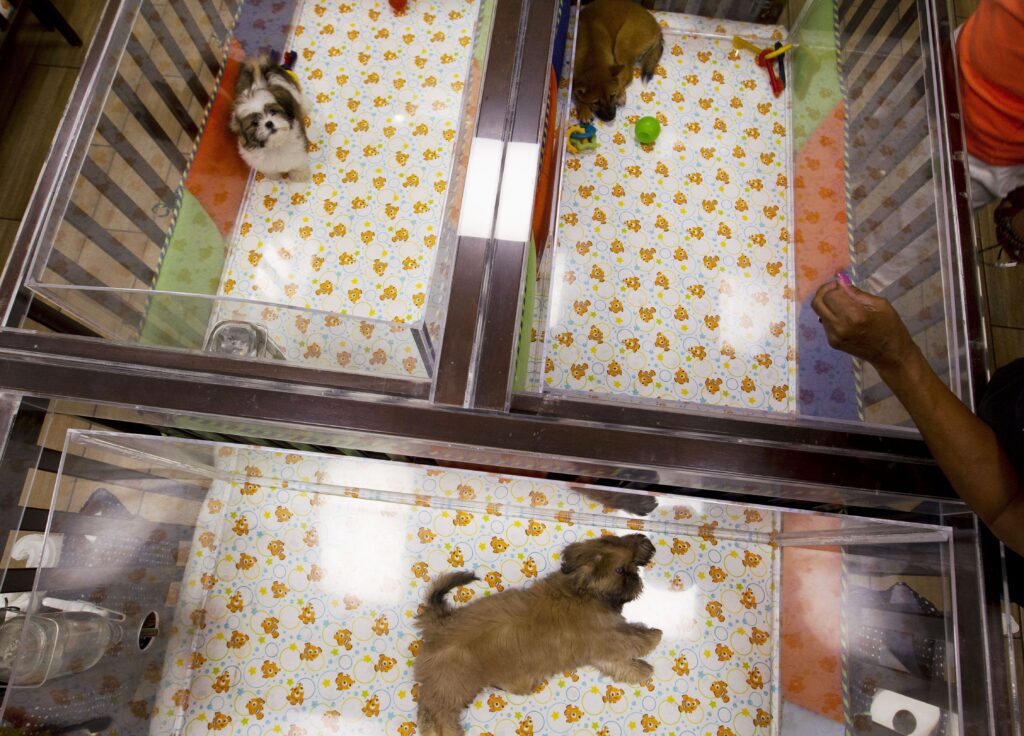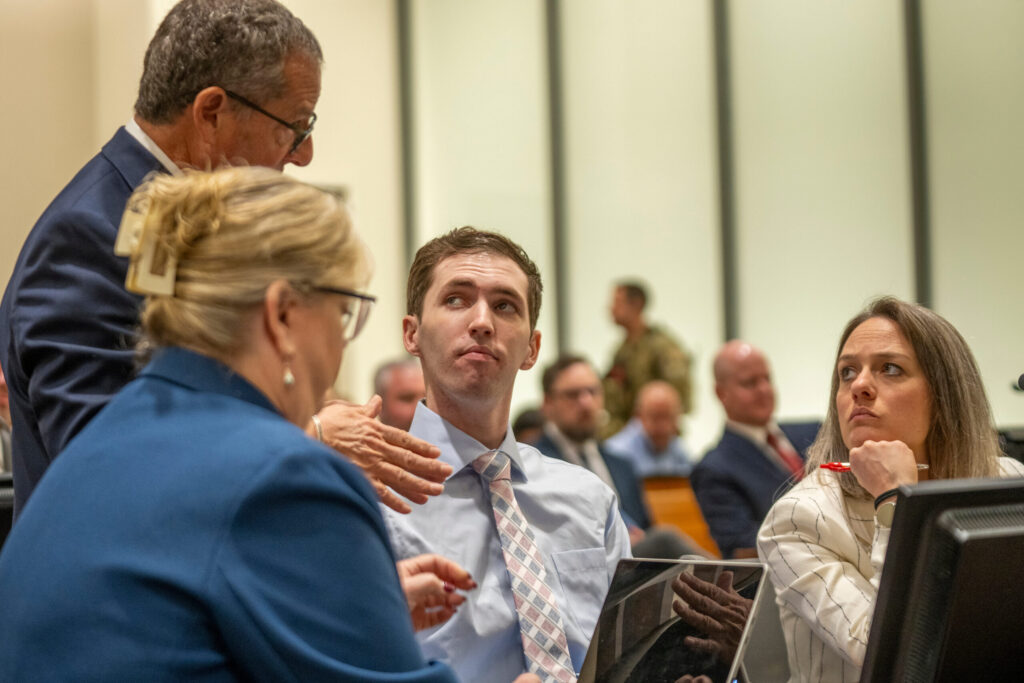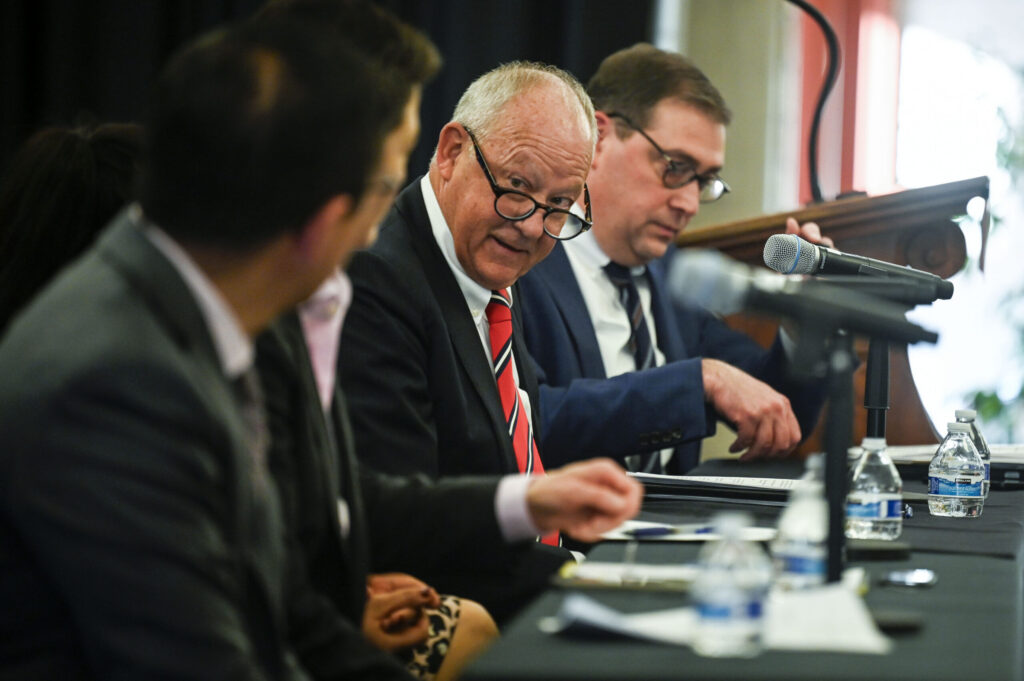Industry critics: Proposed legislation threatens to limit oil & gas industry in Colorado

A new bill just introduced in the Colorado House of Representatives threatens to “functionally prohibit new permitting for most industrial processes in the state,” the Colorado Oil and Gas Association and the American Petroleum Institute Colorado asserted on Friday.
House Bill 23-1294, introduced by Rep. Jennifer Bacon and Jenny Wilford and co-sponsored by Sen. Faith Winter and Julie Gonzales, adds new permitting restrictions and penalties on oil and gas development and other commercial and industrial air pollution sources.
The measure was assigned to the House Energy & Environment Committee.
The bill contends, that, although Colorado has an ongoing ozone crisis that “will worsen with climate change,” the state has “repeatedly failed to meet federal ozone standards established to protect public health and welfare, particularly in the Denver metro/North Front Range nonattainment area where a majority of Coloradans live.”
The bill focuses primarily on permitting in the oil and natural gas industry, but state officials must also consider indirect air pollution sources, and that will affect a wide range of industries across the state, said industry officials.
“Our industry is developing some of the cleanest energy molecules on the planet,” said Dan Haley, President & CEO of the Colorado Oil & Gas Association in a press release. “But this bill, written by activist groups, could drive up energy prices on Coloradans and bring much of the broader economy to a grinding halt.”
The bill includes warehouses, distribution centers, railyards and “any other indirect air pollution sources that the department determines to be large indirect air pollution sources of ozone precursor pollutants.”
“It feels like Groundhog Day, with this measure only the latest in a years-long series of legislation that aims to completely halt natural gas and oil production in Colorado,” said Kait Schwartz, Director of API Colorado. “If passed, this bill would have profoundly negative effects across the spectrum, from our air quality to our economy and ultimately, to the state as a whole.”
The bill removes rules that allow temporary relief from emission control regulations during start-up, shutdown, or malfunction of commercial or industrial air pollution sources.
Industry officials said that temporarily exceeding emission limits that apply to regular operation during startup and shutdown is unavoidable because of the way the systems operate. The problem, they say, is like the spike in emissions that occurs when a person starts a cold motor vehicle. As the engine warms and pollution control devices, such as catalytic converters, take effect, they must heat up before being effective to reduce emissions.
“This is not a serious attempt to lower ozone, it’s a backdoor ban on oil and gas,” Haley said. “In fact, it would only downgrade air quality as Colorado would be forced to import out-of-state and foreign energy as new production of oil and gas is eliminated.”
Information from the Air Pollution Control Division modeling on ozone for 2023 shows roughly 78% of ozone west of Fort Collins, in the ozone nonattainment area, comes from background, natural, wildfire and other anthropogenic sources outside the area.



